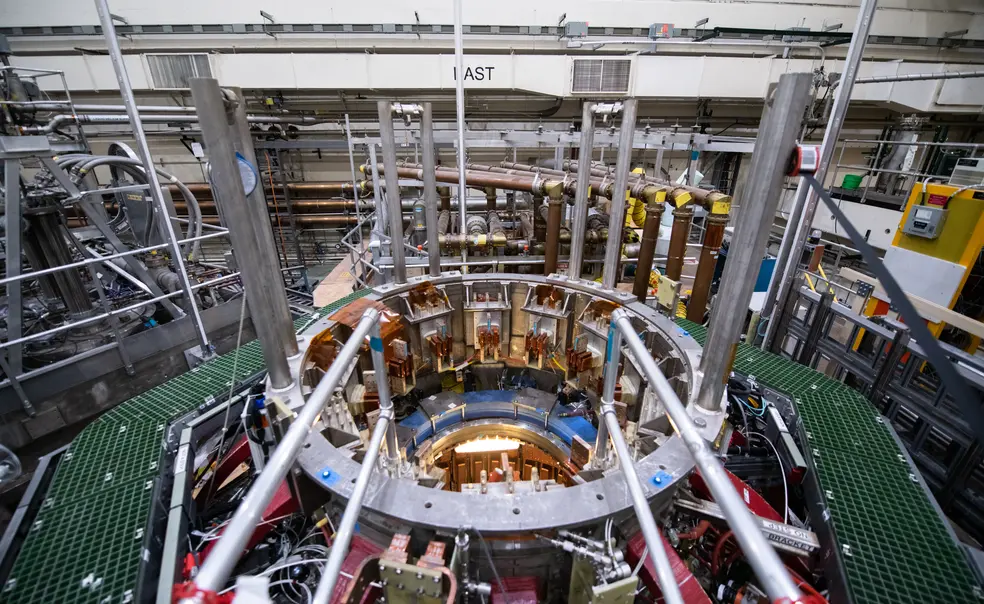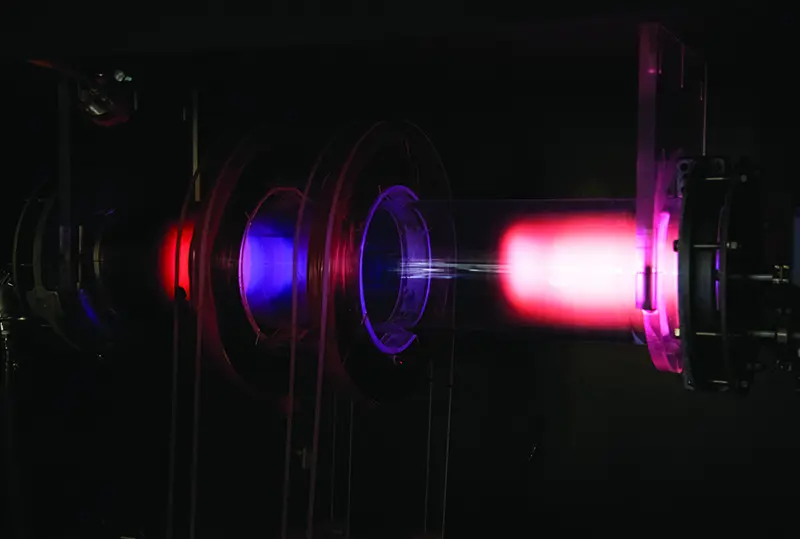Government Restores Half of Suspended Research Grants to Princeton
President Christopher Eisgruber ’83 tells PAW, ‘We continue to talk to the Department of Energy about the fact that we think that all of these grants are in places where we share priorities with the Trump administration’
The federal government has recently restored about half of the research grants to Princeton scientists that were disrupted this year, including a large batch suspended in early April, University President Christopher Eisgruber ’83 told PAW in an interview. The multi-year grants suspended in April totaled approximately $200 million when they were initially awarded, though some of the money had already been disbursed by the time they were suspended.
Most of the several dozen grants that were frozen in April came from the Department of Energy, but they also included funding from other agencies, such as NASA and the Department of Defense. About half of the grants and half the funding have been restored, Eisgruber said.
The University has never learned the full rationale for why the grants were suspended. In late March, a reporter for The Daily Caller wrote on X, citing an anonymous Trump administration official, that the move was connected to an investigation into antisemitism at Princeton. “We have had no confirmation about any connection to an antisemitism investigation beyond those attributions” in the media, Eisgruber said in the interview.
Eisgruber noted that research at Princeton benefits the nation. “We continue to talk to the Department of Energy about the fact that we think that all of these grants are in places where we share priorities with the Trump administration, and I think it would be in the mutual interest of the Trump administration and Princeton University to restore them,” he said.
While Eisgruber has been vocal in recent months in his defense of academic freedom against attempts by the Trump administration to dictate policies at some other universities, he pointed out that many of Princeton’s research strengths align with goals that the administration has announced. “I am perfectly happy to work with the Trump administration to advance the cause of education and research in the United States,” he said. “The Trump administration says, for example, that they’re interested in gold standard science, and that in particular they want to do gold standard science around quantum science, fusion, and artificial intelligence.”
Evidence of that mutual interest came on Aug. 20, when Chris Wright, the secretary of the Department of Energy, paid a visit to the Princeton Plasma Physics Laboratory. As one of the energy department’s 17 national laboratories, PPPL leads research into developing commercial fusion, improving computer chip fabrication, and advancing quantum computing technologies. “Thanks to all of you for working at this facility,” Wright said, addressing an auditorium filled with PPPL workers. “You’re doing incredible science with great people, and you’re going to change the world.”
Wright also said: “To me, doing basic science and trying to understand how the cosmos works is part of what it means to be human. I also believe that funding basic science is absolutely essential, and, therefore, a fundamental mission of the government.”
The University declined to comment on any connection between Wright’s visit and the restoration of some of the grants.













No responses yet